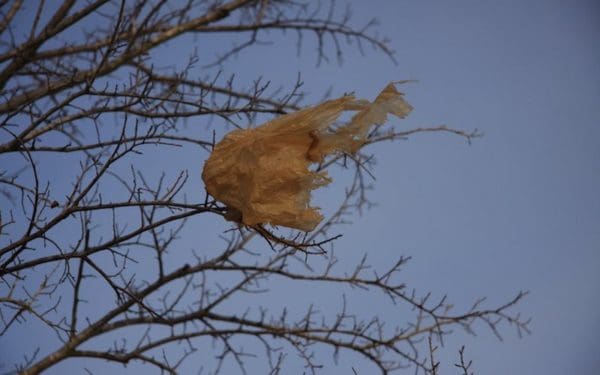Let’s Clean Up Our Plastics Problem
Individuals alone can’t stem the tide of plastic overtaking the country. We need collective action and societal resolve.
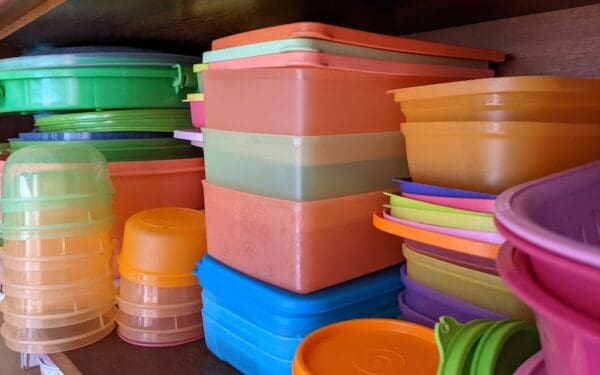
Individuals alone can’t stem the tide of plastic overtaking the country. We need collective action and societal resolve.

“It’s time to finally address the plastics crisis in Massachusetts. From modernizing our antiquated beverage container deposit system, to banning single-use plastic bags at checkout, to making producers of plastic packaging responsible for reducing packaging and managing plastic waste at its end of life, there are several pending bills that will take us in the right direction. We stand with our elected officials and pledge to keep up the momentum because there is no time to waste in taking a bite out of waste.”
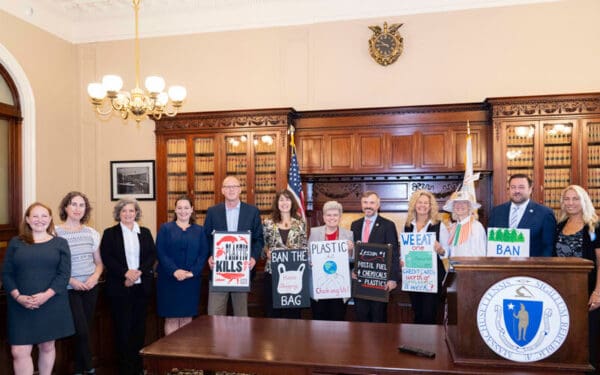
“Public health must always be the primary concern,” said Kirstie Pecci, Director of the Zero Waste Project at CLF. “However, the scientific community has made it clear that the risk of transmitting the virus by touching a bag or bottle is almost nonexistent. Allowing reusable bags and resuming bottle deposits will keep tons of plastic out of landfills or incinerators and stop it from further polluting our land and air.”
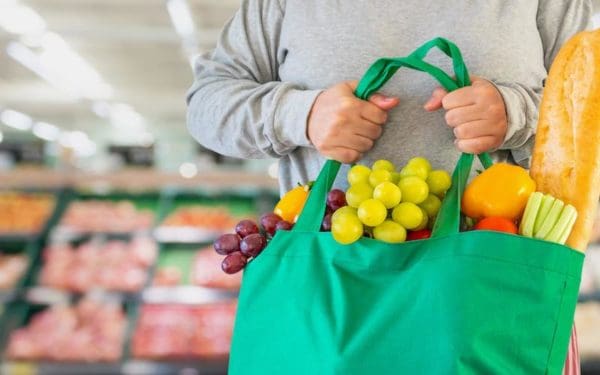
My first day on the job as Connecticut River Conservancy’s newest River Steward was a whirlwind – literally. We got an early morning start with our friends at the U.S. Fish & Wildlife Service for a windy trip up and down the Connecticut River on their airboat. As we came to our first stop and dismounted the boat, I was shocked and disappointed to see the amount of plastic bottles and nips littering Connecticut’s shoreline.
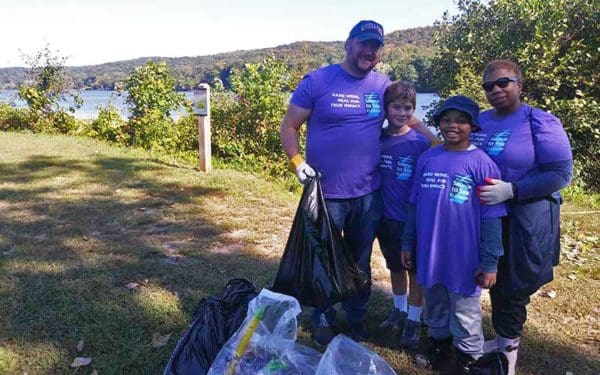
“Plastic producers have been given a free pass to pollute our communities for far too long at taxpayer expense,” said John Hite, Zero Waste Policy Analyst at CLF. “Single-use packaging has upended recycling and filled our oceans, communities, and landfills with plastic pollution. LD2104 will require packaging companies to deal with the mess they’ve made and create products that don’t wreak havoc on our recycling systems and environment.”
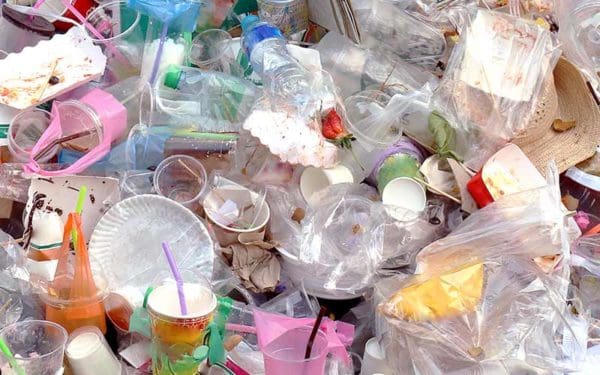
What do polystyrene foam containers, paper coffee cups, and plastic grocery bags, food ware, and straws all have in common? None of them are recyclable and they cost towns and cities an enormous amount of money. What’s more, heaps of these single-use items end up on our beaches and shores, serving as an ugly reminder… Continue reading New Hampshire Joins the Fight Against Plastic Pollution
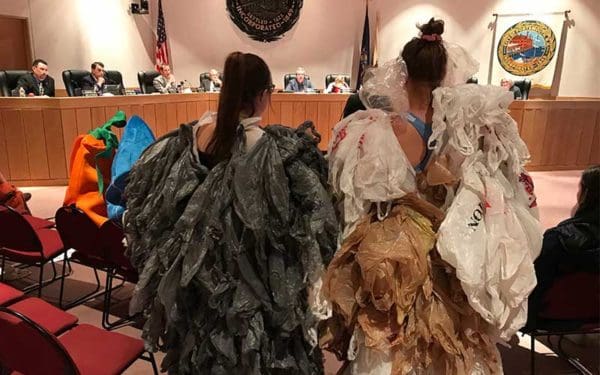
“New England’s waste system is broken,” says Kirstie Pecci, Director of CLF’s Zero Waste Project. “While we wait for much-needed reform, there are steps that each of us can take to make a big difference. For the health of our communities and our planet, achieving zero waste must be everyone’s goal.”

Plastics are everywhere, and they aren’t all recyclable. Until there’s a new system that creates a structure for using less plastic from the beginning, here’s a handy guide to what can and can’t go in the bin.
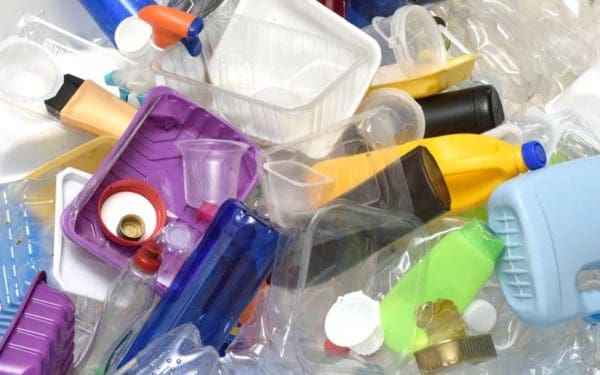
“There’s no reason why single-use plastic bags need to be a part of our daily lives,” said Kirstie Pecci, Director of the Zero Waste program at CLF. “Most bags end up filling our landfills, littering our communities and waters, and polluting our air when burned up in incinerators. The citywide ban in Boston is a good start, and we must also ensure that any ban does not burden our elderly or low-income neighbors. We have a real opportunity to end this waste and pollution throughout New England and we must act now.”
